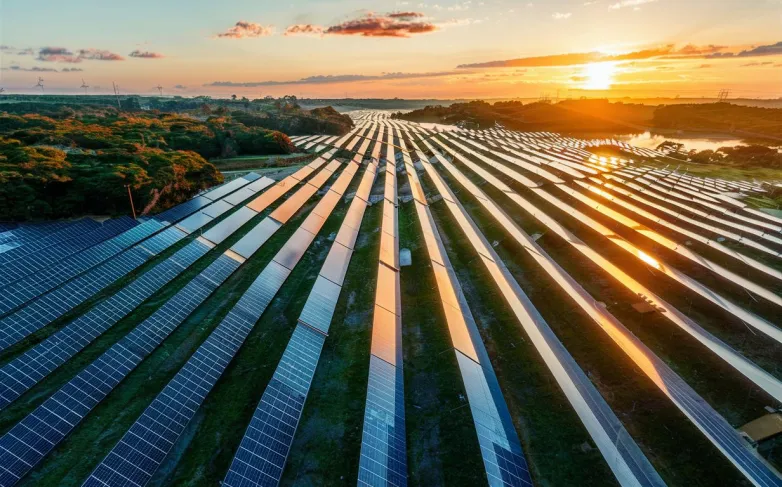Engie Brasil Boosts Renewable Portfolio with 545 MW Solar Acquisition
- Engie Brasil Energia SA expands its renewable energy portfolio in Brazil with 545 MW solar acquisition, reaching 9 GW capacity and plans for further growth by 2025.

Engie Brasil Energia SA has completed the acquisition of five solar power plants in Brazil with a total capacity of 545 MW from Atlas Renewable Energy. The deal was worth BRL 3.24 billion and the output from these plants has been contracted for the long term, with 66% allocated to the Regulated Market and 34% sold in the Free Energy Market. This acquisition has helped Engie Brasil reach 9 GW of 100% renewable capacity, with plans to further expand its generation capacity by an additional 1.7 GW through wind and solar projects by 2025.
In addition to the solar parks, Engie's parent company EDF also has a stake in the Jirau Hydropower Plant in Brazil, adding 1.5 GW to its renewable energy portfolio in the country. Engie Brasil is set to complete the Santo Agostinho Wind Complex in 2024, as well as the Serra do Assurua Wind Complex and the Assu Sol PV Complex by 2025, further solidifying its position as a key player in the Brazilian renewable energy market.
How has Engie Brasil Energia SA expanded its renewable energy portfolio in Brazil?
- Engie Brasil Energia SA acquired five solar power plants in Brazil with a total capacity of 545 MW from Atlas Renewable Energy for BRL 3.24 billion
- Output from these plants has been contracted for the long term, with 66% allocated to the Regulated Market and 34% sold in the Free Energy Market
- This acquisition helped Engie Brasil reach 9 GW of 100% renewable capacity
- Engie Brasil plans to further expand its generation capacity by an additional 1.7 GW through wind and solar projects by 2025
- EDF, Engie's parent company, has a stake in the Jirau Hydropower Plant in Brazil, adding 1.5 GW to its renewable energy portfolio in the country
- Engie Brasil is set to complete the Santo Agostinho Wind Complex in 2024, as well as the Serra do Assurua Wind Complex and the Assu Sol PV Complex by 2025, further solidifying its position in the Brazilian renewable energy market.
Also read

